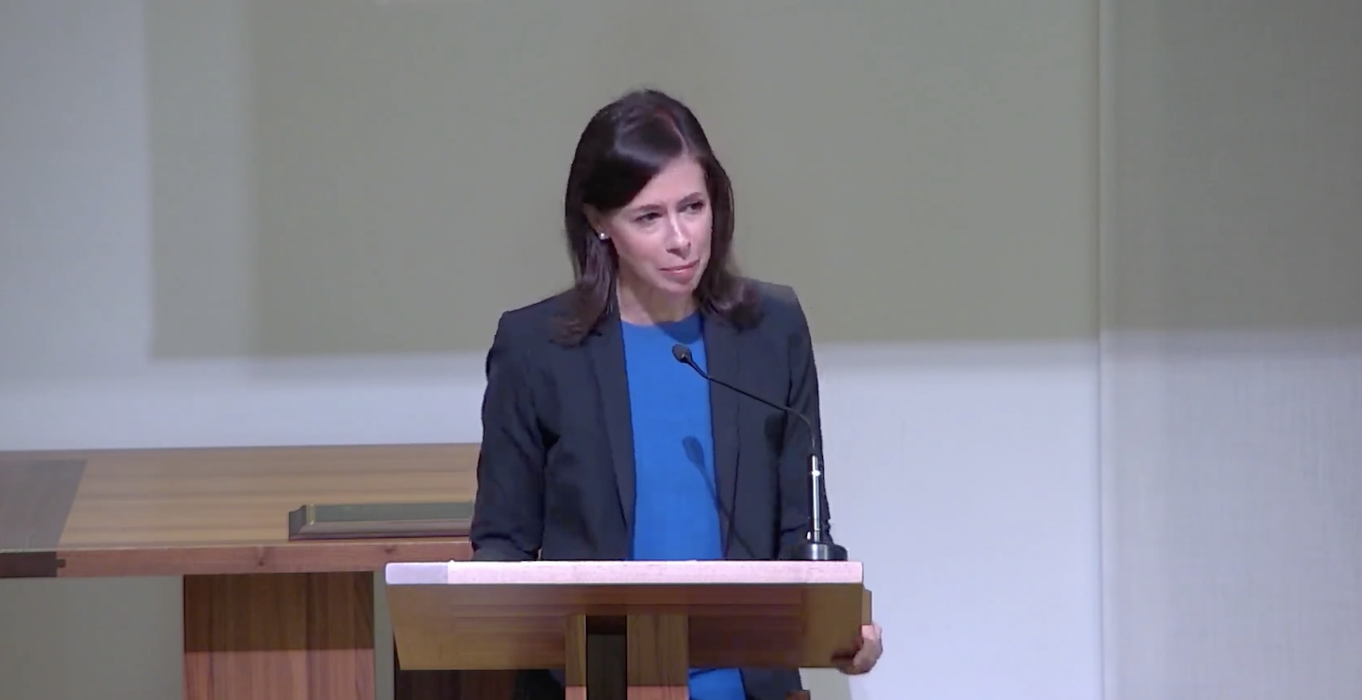FCC Chair Set to Release Digital Discrimination Proposal
The rules would aim to prevent unequal broadband access along racial and class lines.
Jake Neenan

WASHINGTON, October 24, 2023 – Federal Communications Commission Chairwomen Jessica Rosenworcel will introduce a proposal for strong digital discrimination rules, she announced on Tuesday.
The FCC is required by the Infrastructure, Investment and Jobs Act to adopt rules promoting equal broadband service for a given provider’s subscribers. That includes preventing differences in access based on race, income level, religion, and other categories – known as digital discrimination.
Rosenworcel said her proposal would adopt a ‘disparate impact’ standard for identifying that discrimination, meaning broadband providers could be in violation of the rules even if they are not intentionally withholding quality internet from a protected group.
Under the rules, the FCC would consider technical and cost barriers to deploying high-speed broadband as defenses from providers accused of digital discrimination, Rosenworcel said. Industry groups have argued they offer worse service in certain areas for economic reasons.
The proposal will also include guidance for states and municipalities to prevent digital discrimination themselves, as well as seek comments on expanding reporting requirements to get more information on recently completed broadband projects. A draft of the full proposal will be released tomorrow.
The commission will vote on the proposal at its open meeting on November 15. That’s the day of the Biden administration’s deadline for the agency to adopt digital discrimination rules.
The disparate impact standard has been the subject of debate since the FCC started taking comments on it in December 2022.
Industry trade groups and broadband providers urged the commission to take a more hands-off approach. In meetings and filings, they repeatedly pushed commissioners to limit the definition of digital discrimination to practices that are intended to disenfranchise specific communities.
Verizon lawyers met with Rosenworcel’s staff just last week to reiterate the position.
But such conduct almost never happens, Rosenworcel said on Tuesday. By targeting intentionally discriminatory broadband deployment, she said, the agency would not be meeting its obligation under the Infrastructure Act to address disparate broadband access.
“Gaps in broadband access stem from policies and practices that might be neutral on their face,” rather than “intentionally discriminatory conduct,” she said.
That reasoning is in line with the Biden administration’s position. Earlier this month, the National Telecommunications and Information Administration met with commissioners on behalf of the White House to urge a disparate impact standard for the upcoming rules.











Member discussion